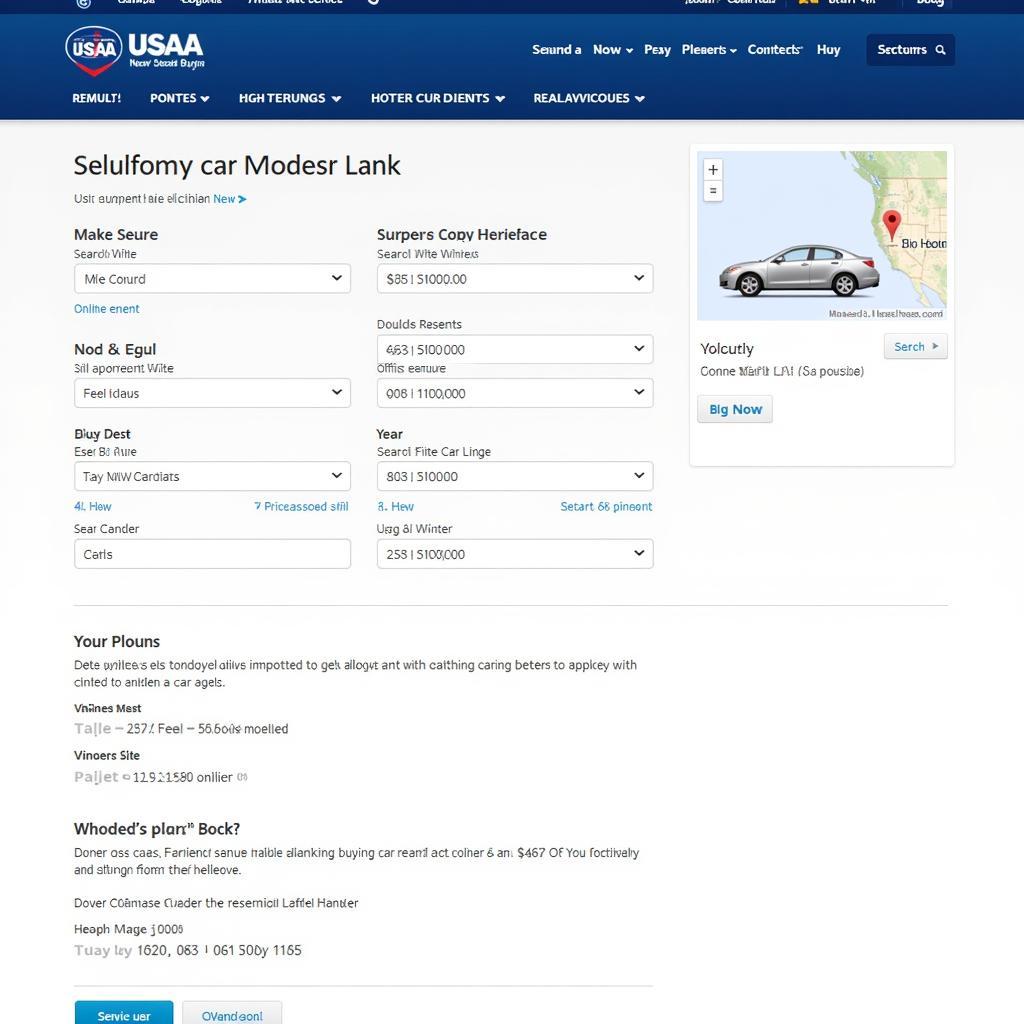Does Long-Term Care Insurance Cover Care Advisory Services?
When navigating the complexities of long-term care insurance, many individuals wonder, “Does long-term care insurance cover care advisory services?” The answer, like many things in insurance, is nuanced and requires a closer look.
 Long-Term Care Insurance Policy
Long-Term Care Insurance Policy
While traditional long-term care insurance policies primarily focus on covering the costs of services like nursing home care, assisted living, and in-home care, the scope of coverage is evolving. Some policies, recognizing the value of proactive planning and support, are beginning to include care advisory services as part of their benefits.
Understanding Care Advisory Services
Care advisory services encompass a range of professional guidance and support aimed at helping individuals navigate the often-overwhelming landscape of long-term care. These services can be invaluable in:
- Assessing Needs: Determining the type and level of care required based on an individual’s health status, functional limitations, and personal preferences.
- Developing Care Plans: Creating a comprehensive roadmap for care, outlining goals, services, and potential providers.
- Coordinating Care: Facilitating communication and collaboration among family members, healthcare professionals, and care providers.
- Navigating Resources: Connecting individuals and families to available resources, such as support groups, government programs, and financial assistance options.
- Providing Emotional Support: Offering guidance and encouragement to individuals and families grappling with the emotional and logistical challenges of long-term care.
How Insurance Coverage Can Vary
The inclusion of care advisory services within long-term care insurance policies varies considerably based on several factors:
- Insurance Provider: Different insurance companies offer varying levels of coverage and benefits. Some may include care advisory services as a standard feature, while others offer it as an optional rider at an additional cost.
- Policy Type: More comprehensive policies are more likely to include care advisory services, while basic policies might not.
- Policy Purchase Date: Newer policies tend to reflect evolving industry trends and may be more likely to include coverage for care advisory services than older policies.
 Insurance Agent Discussing Policy Coverage with a Senior Couple
Insurance Agent Discussing Policy Coverage with a Senior Couple
The Benefits of Care Advisory Services
Including care advisory services in long-term care insurance policies offers several key advantages:
- Proactive Planning: Access to expert guidance helps individuals and families plan for future care needs effectively, reducing stress and uncertainty.
- Informed Decision-Making: Care advisors provide unbiased information and support, empowering individuals to make informed choices about their care.
- Cost Optimization: Care advisors can help identify the most cost-effective care options that align with an individual’s needs and preferences.
- Enhanced Quality of Care: By coordinating care and advocating for the individual’s best interests, care advisors can contribute to a higher overall quality of care.
- Peace of Mind: Knowing they have access to professional support and guidance provides individuals and families with peace of mind during a challenging time.
What to Do If Your Policy Doesn’t Cover Care Advisory Services
Even if your existing long-term care insurance policy doesn’t explicitly cover care advisory services, you still have options:
- Contact Your Insurance Provider: Inquire about the possibility of adding a rider to your policy to include care advisory services.
- Seek Out Independent Care Advisors: Consider consulting with an independent, fee-based care advisor who can provide guidance and support outside of your insurance policy.
- Utilize Available Resources: Numerous online resources and organizations offer free or low-cost information and assistance related to long-term care planning.
 Researching Long-Term Care Resources
Researching Long-Term Care Resources
Conclusion
While the answer to “Does long-term care insurance cover care advisory services?” isn’t always a straightforward “yes,” it’s increasingly common to find these valuable services integrated into policies. When considering long-term care insurance, inquire about the availability of care advisory services and explore all your options to ensure you have the support and resources you need to navigate the future of your care with confidence.
FAQs
1. How do I find a qualified care advisor?
You can ask your doctor for referrals, search online directories for certified care advisors, or contact organizations like the National Association of Professional Geriatric Care Managers.
2. What is the average cost of care advisory services?
Costs vary depending on the advisor’s experience, location, and the scope of services required. Hourly rates typically range from $100 to $250.
3. Can I change my long-term care insurance policy to include care advisory services?
You may be able to add a rider to your existing policy, but this depends on your insurance provider and policy terms. Contact your insurer to discuss your options.
4. Are care advisory services covered by Medicare?
Generally, Medicare does not cover care advisory services. However, some Medicare Advantage plans may offer limited coverage for care coordination.
5. What other services should I consider when planning for long-term care?
Think about your potential needs for in-home care, assisted living, adult day care, transportation, and financial and legal advice.
Need assistance with car diagnostics or repairs? Contact us via WhatsApp: +1(641)206-8880 or Email: cardiagtechworkshop@gmail.com. Our 24/7 customer support team is here to help!

